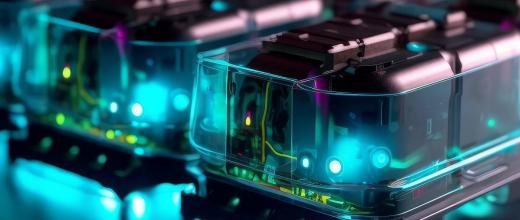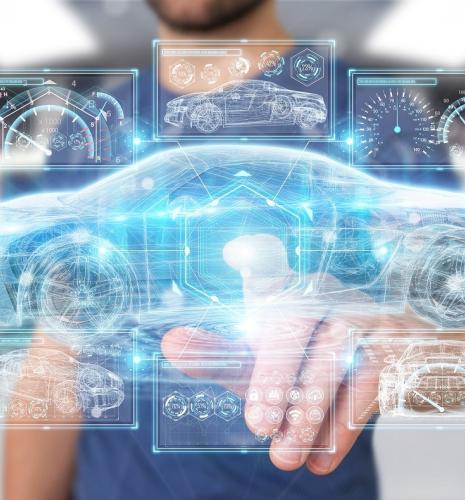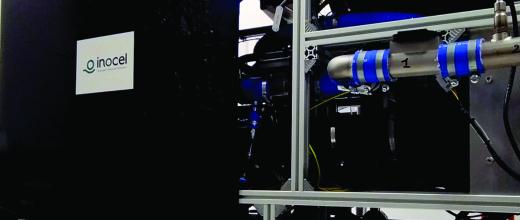
Innovation and Industry
Batteries : from design to recycling
The rapid emergence of electric vehicles is driving an explosion in the demand for batteries, which is set to increase ten-fold by 2030. Several challenges are associated with batteries.

Innovation and Industry
Batteries: Our strengths
IFPEN draws on experimental resources and modeling techniques making it possible to characterize and test battery behavior : Partnerships, Means of formulation and implementation of battery materials, Complete and specific means of experimentation, Creation of prototypes ...

Innovation and Industry
Batteries: Our networks
Competitiveness clusters, consortiums, collaborative projets, ...

Innovation and Industry
Batteries: Our solutions
The solutions proposed by IFPEN concern, firstly, the development and recycling of battery materials and, secondly, the characterization and modeling of battery behavior.

News in brief
Modeling manufacturing by precipitation - A skill set for the production of battery cathode materials
Building on knowledge acquired relating to alumina precipitation synthesis for heterogeneous catalyst supports, IFPEN’s teams set about working on pCAM synthesis for Li-ion batteries. These materials are indeed also obtained by precipitation in stirred tank reactors, which shares similarities with alumina synthesis (nucleation, growth and agglomeration phenomena). Nevertheless, they come with their own challenges and, consequently, with new research opportunities...

News in brief
SC6 - How to better control loss of lithium battery capacity
Everybody knows that lithium-ion batteries, used in cell phones, computers, etc., gradually lose capacity and eventually fail. This loss of capacity is primarily due to a layer known as the SEI, which forms between one of the battery’s electrodes and the electrolyte (see Figure). This layer already appears after the first battery charge/discharge cycle, and grows over time, consuming lithium ions. The process is irreversible and therefore detrimental to battery capacitye...

News in brief
SC1 - New experimental set up to study battery safety
The electrification of mobility is a major transformation aimed at reducing greenhouse gas and pollutant emissions by the transport sector. In this context, the Li-ion battery is currently the technology employed by all car manufacturers to provide the energy storage required for the roll-out of electric vehicles...

News in brief
Battery behavior: a complexity best taken into account by modeling
For around fifteen years now, IFPEN has been focusing on modeling conventional batteries to represent their nominal operation (electric and thermal behavior during normal operation), throughout their lifetime (...) and in the event of thermal runaway (failure, improper use)...

Issues and Foresight
Electric vehicles
All-electric vehicles operate with a battery and an electric motor. The large-capacity battery has to be recharged with the vehicle stationary at a charging station.

Issues and Foresight
Hybrid vehicles
The vehicle is equipped with a combined IC/electric powertrain system and two energy storage systems: a fuel tank and a battery.









